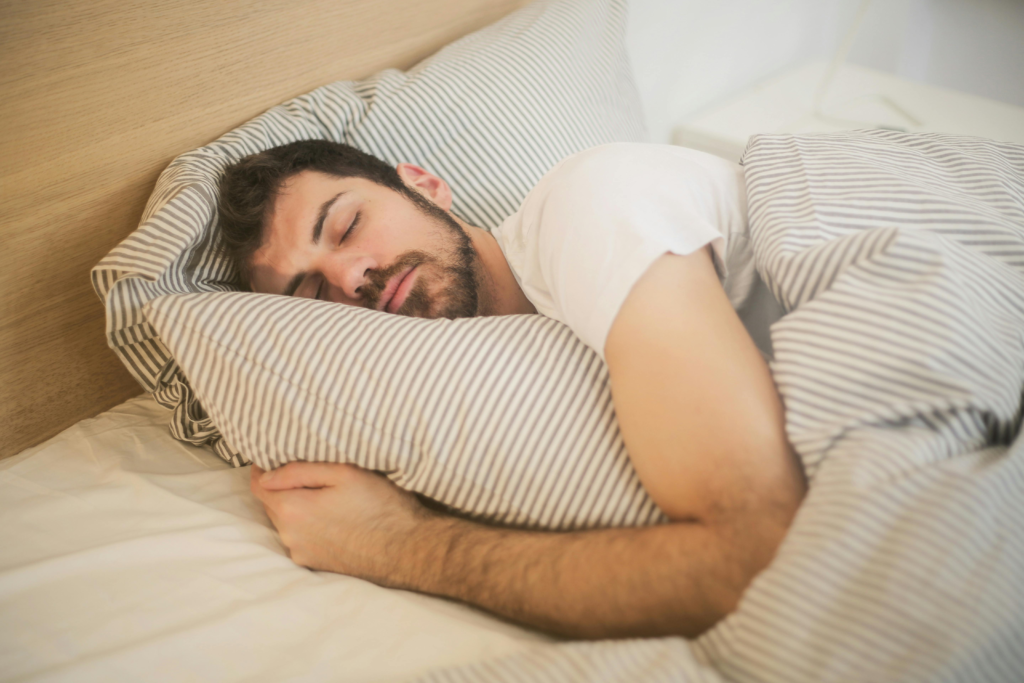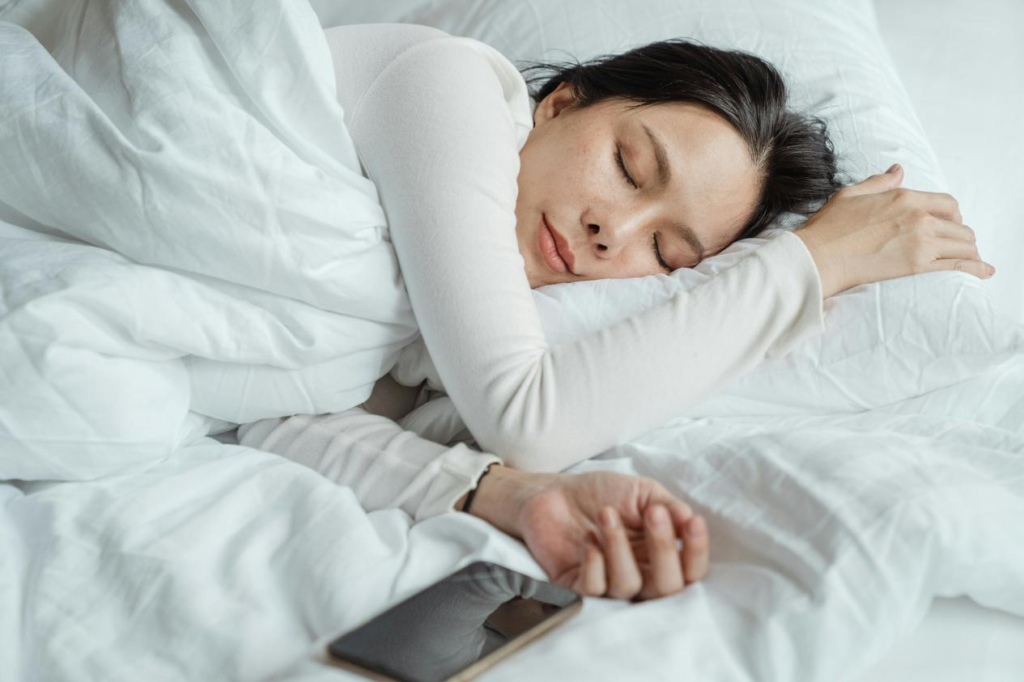How To Improve Your Sleep Quality: Tips And Tricks

1 – Be Physically Active (Exercise)
Regular exercise is good for your overall well-being and helps boost your sleep quality at night. Unknown to many, physical activity and exercise significantly impact the body’s ability to produce and regulate sleep-specific hormones, including melatonin and cortisol. Exercising in the early hours of the day triggers reduced melatonin production while increasing cortisol levels to promote wakefulness. The main impact of this is usually felt in the evening, especially towards bedtime, when the body will produce more melatonin to induce and promote sleep. That said, engaging in physically stimulating activities, such as a morning jog, swim, or yoga, can help improve your sleep quality.
2 – Only Use The Bedroom For Sleep And Sex
Many today use their bedrooms as an extension of their home office and entertainment rooms. As conducive as the bedroom might seem, it should only be reserved for sleep and sex, and for a good reason. Using the bedroom to engage in mentally stimulating activities (watching TV or working) will only make it harder to sleep when you wish to. Any other activity should be done outside of the bedroom for better sleep.

3 – Ensure The Bedroom Is Neat And Comfortable
An uncomfortable bed can also be a culprit for sleeplessness. That said, you want to ensure the bedroom environment is sleep-friendly. Take a look at this Helix comparison guide. The ideal sleep environment needs to be cool, dark, and quiet, free of distractions that may inhibit sleep.
4 – Establish A Sleep Ritual
Most of us were used to bedtime stories that drove us straight to dreamland. One of the ideas behind bedtime stories was to help the brain and body tone down and get ready for sleep. Establishing a bedtime ritual even as an adult can have a similar effect, promoting sleep. It can be as simple as taking a warm bath, drinking a glass of milk, or doing light yoga and meditation just before bed. Dimming the lights and listening to calming music can help too.

5 – Never Go To Bed On An Empty Stomach (Or Too Full)
An empty stomach is the last thing you want to deal with when in bed. An overly full stomach can also make sleep elusive, a reason sleep experts recommend having your meals 2-3 hours before bedtime. If, however, feeling hungry just before bed, consider a light snack (apple, a slice of cheese, or whole-wheat crackers) to boost your energy levels for bedtime.
6 – Limit Your Caffeine And Alcohol Intake
Do you always like to sip a glass of wine, chocolate, or tea just before bed? As relaxing as it might seem, such can significantly impact your sleep, making it almost impossible to sleep. This is because caffeine and alcohol are stimulants known to cause sleep disruptions. If possible, limit your caffeine and alcohol intake to not less than 6 hours before bedtime. This will help reduce the effects of these stimulants.
7 – Manage Stress
Stress is one of the biggest sleep busters among many people today. Stress makes it hard for the body to manage or regulate various hormones, sleep hormones included. That said, it would be best to learn to manage stress to enjoy a good night’s sleep. Engaging in meditation, yoga, and deep breathing might help.








